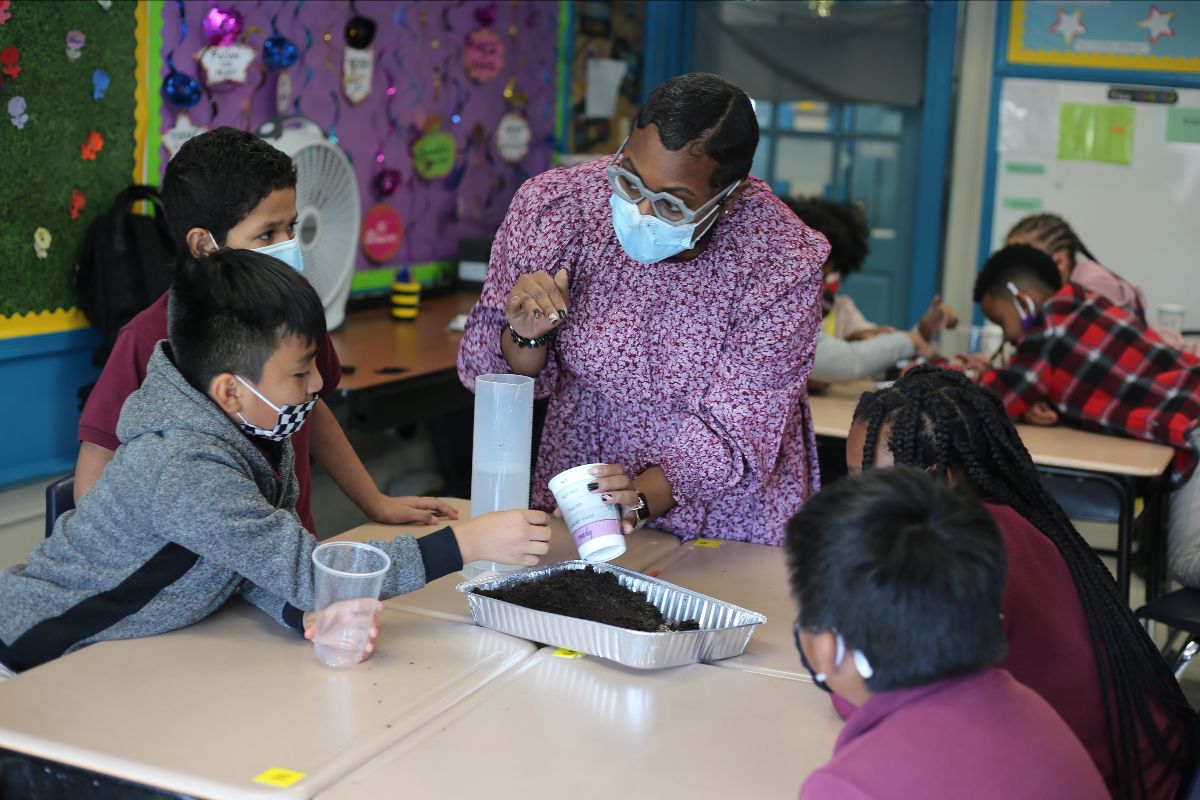Students at Esperanza Charter School learn about erosion.
Network Leaders on Attendance, High-quality Instruction, and Holistic Support
Though simulated School Performance Scores (SPS) went down this year across the city and statewide, in New Orleans, we saw important positive signs in one part of the score, called the Progress Index. The Progress Index shows how well schools were able to sustain and improve student growth towards grade-level mastery.
We connected with leaders at two charter networks – ReNEW Schools New Orleans and Community Academies of New Orleans – to discuss what this means to them, why they think they saw students improve or hold steady, and where they’re going from here.
Community Academies of New Orleans:
Myrialis King, Chief Executive Officer (left) & Stephanie Jackson, Chief Academic Officer (right)
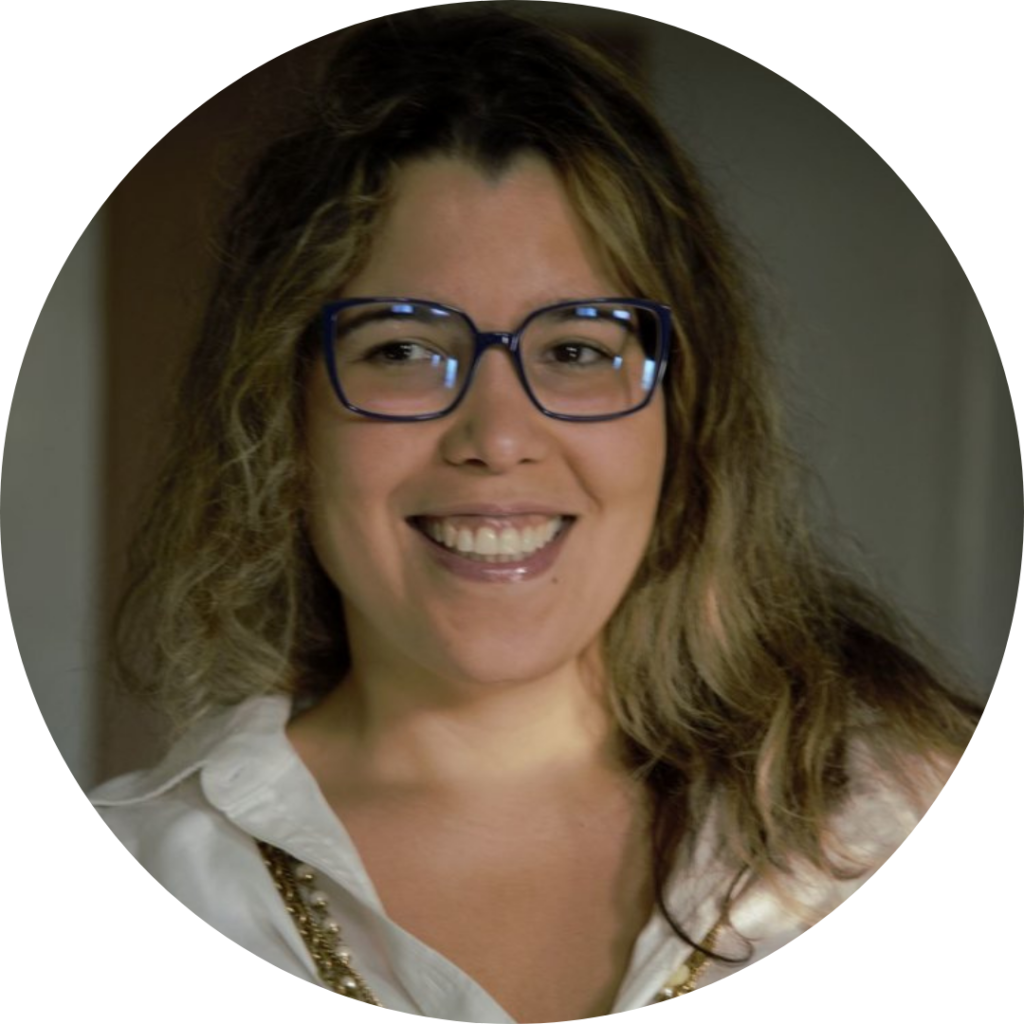
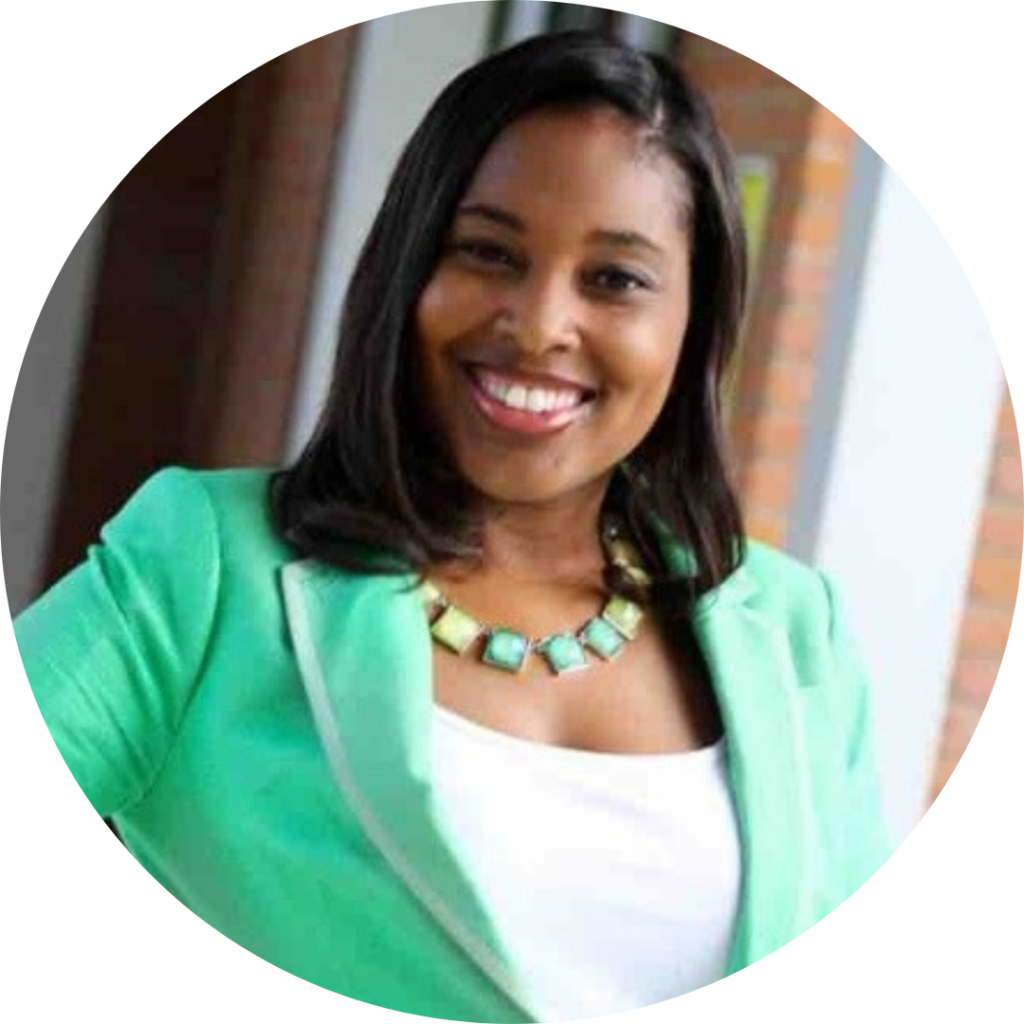
ReNEW Schools:
Tanya Bryant, Chief Executive Officer (left) & Lisa Giarratano, Chief Academic Officer (right)
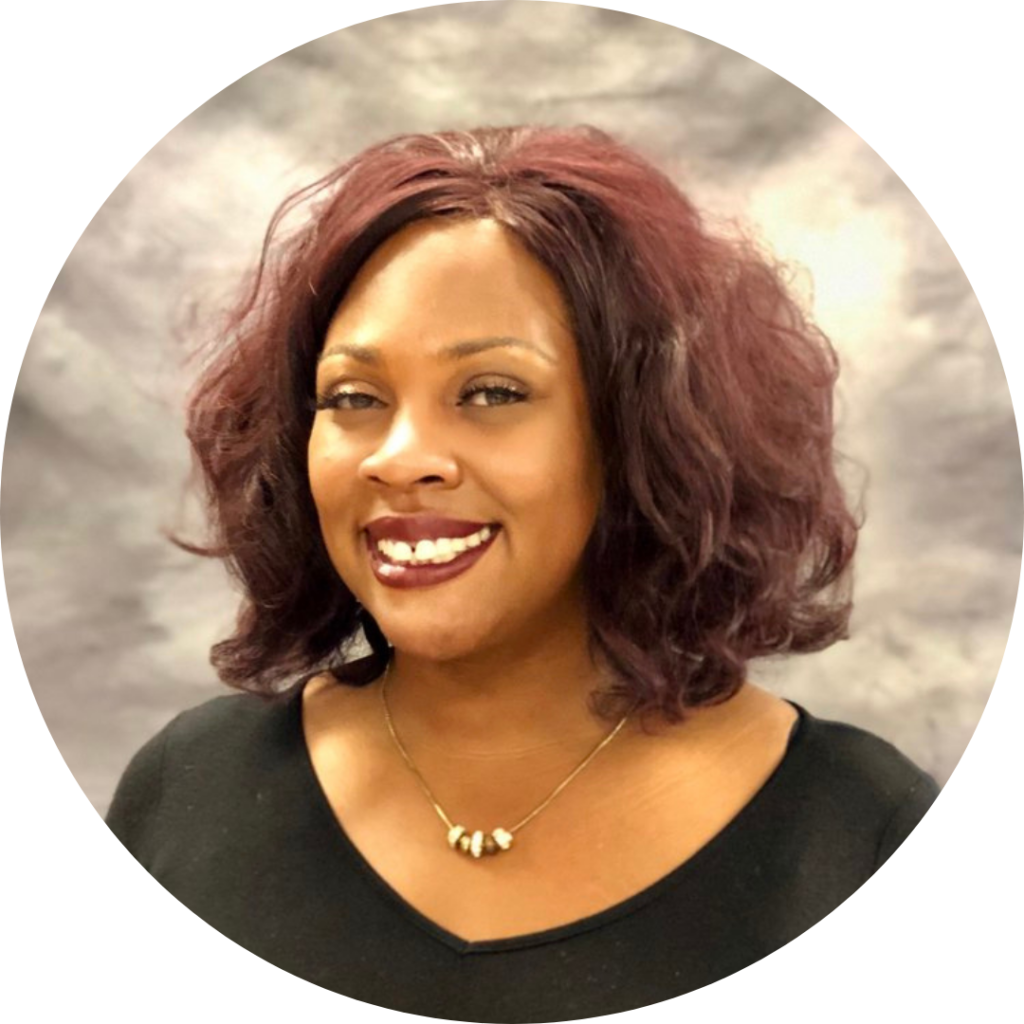
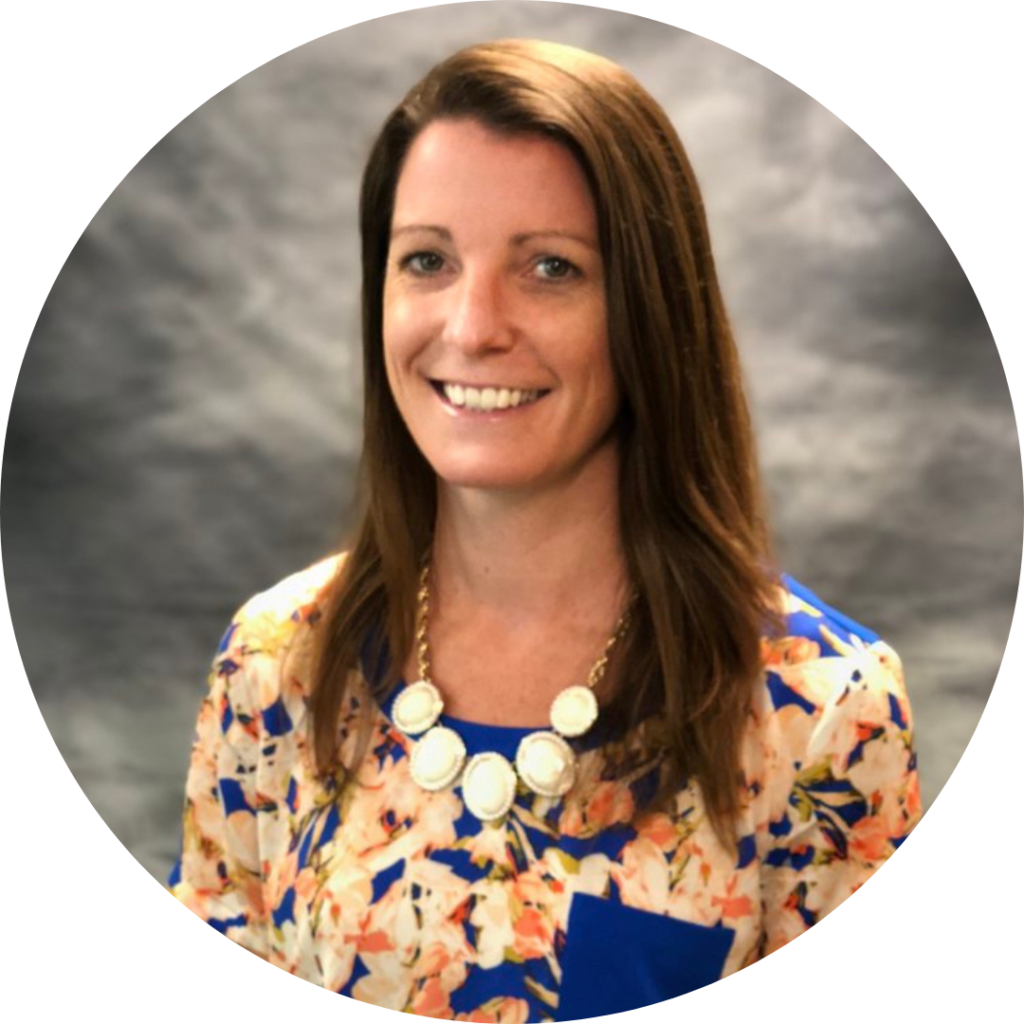
Both networks had three things in common that they felt fueled their progress:
- Supporting and showing love for teachers;
- Pushing for high attendance and high-quality instruction; and
- Caring for the “whole child” through strong relationships, mental health supports, and social-emotional learning to help them cope with trauma.
Here’s some of what they told us:
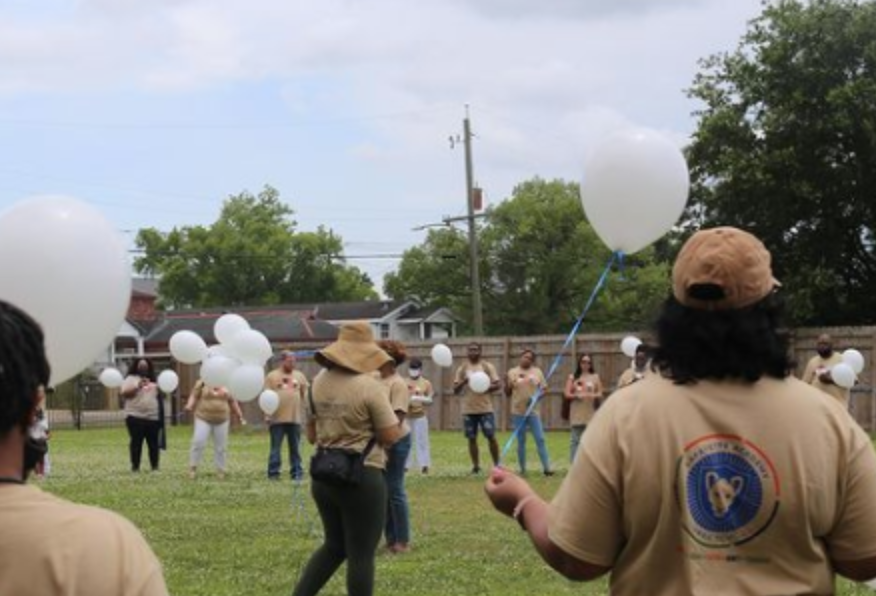
Supporting Teachers
Great teachers help students make great progress. But educators citywide, and nationwide, are exhausted. For CANO and ReNEW, showing up for teachers was key in seeing success.
“We’ve had consistent leadership and we know that teachers stick around when their leaders stick around…Even though the world felt like it was falling apart all the time, we tried to pull that burden of additional extra responsibilities off of teachers, and tried to have our administration help so they could focus on their own mental health.
I think we probably spent more money on coffee and donuts and pizza than we ever have before last year. Because those little things really added up in a big way for teachers to just know someone’s thinking about them. We name that it’s really hard, it doesn’t look like the situation with COVID is getting better any time soon, and we appreciate you and what you’re doing…it’s about letting teachers know the door is always open.” – Tanya Bryant
“We asked principals to do one-on-one check-ins with their teams many times throughout the year…making sure that we were meeting their needs and providing a space where they could express what those needs were, holistically–not just for their classrooms, but for their lives. Teachers are whole humans that need a space and a voice.” – Myrialis King
Attendance/High Quality Instruction
Both networks felt that attendance was key. Whether students were learning virtually or in person, it allowed them to access the high-quality instruction that both schools were working hard to provide.
“What made a difference was attendance. We saw that there was a striking difference in achievement based on if students were present, either virtually or in person, at least 90% of the time. Whether or not they maintained or progressed on the LEAP really depended on their attendance.” – Tanya Bryant
“We did the same thing for our students who were virtual for our students who were in person – period, amount of time, scope and sequence, expectation for teachers. It was really important to us that we were ensuring the quality of instruction that kids were getting was equitable, and because of that, attendance really mattered.” – Lisa Giarratano
“In 2019-2020, when all the Community Academies schools came together, we launched high-quality “Tier 1” curriculum across the board at all schools that didn’t have them…and that was a huge factor in our growth. We were all using the same curriculum, and as a result we were able to launch professional learning communities (PLCs) which allow teachers to actually look and digest data and move forward.” – Myrialis King
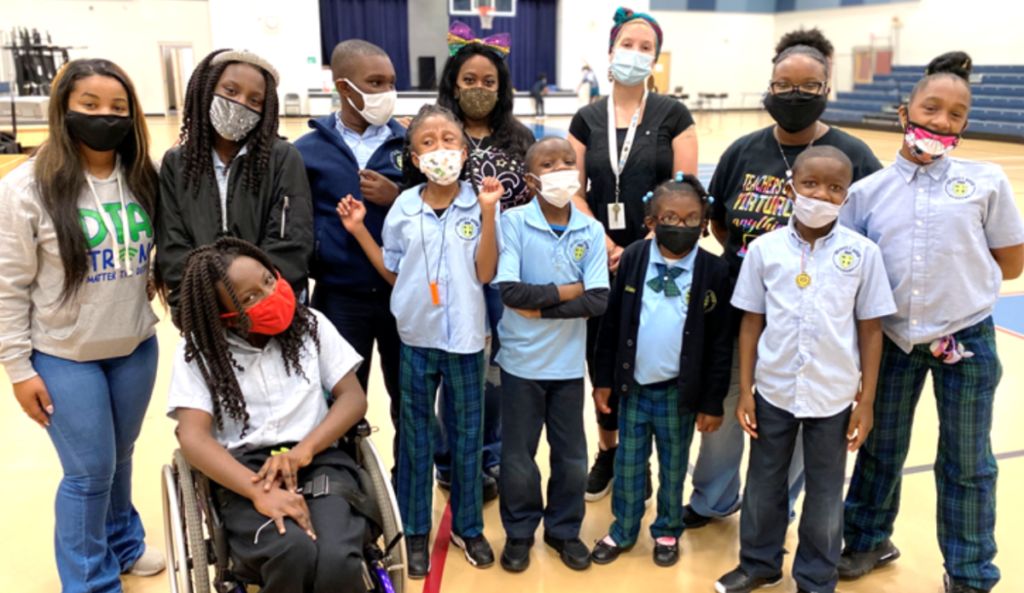
Social-Emotional Learning, Trauma-Informed Mental Health Support, and Strong Relationships
Both networks emphasize the importance of showing care and offering holistic support to their students, such as through mental health resources, trauma-informed learning, or strong relationships.
“Our leadership teams are really close to our families. That existed prior to the COVID era, and I think it was really heightened during that…our staff and leadership teams kept in touch with families and understood their needs and their situations…that allowed the work to be more customized for each student.
It’s also very important for students to know that there are people at school who are in their corner, rooting for them to succeed. Someone who a student knows cares about them, knows they need support. Our staff show that they are really invested in our students. We do a great job at that.” – Tanya Bryant
“We are a network that does a ton of work with wellness and trauma. That doesn’t get a score. But if we don’t do that work, our kids can’t be in the classroom learning.” – Myrialis King
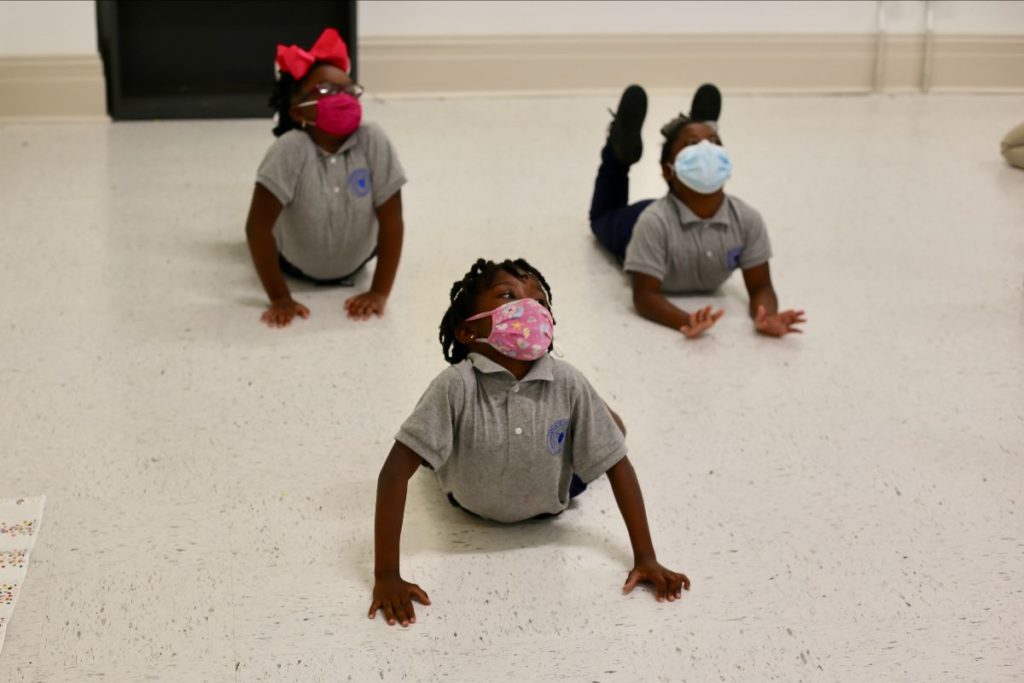
What Comes Next
As these networks look forward, they’ll continue what worked – from academic interventions to continuing to support teachers and students.
“We did summer school and we’re doing after school tutoring. We’re doing an accelerated block…all kids have so much to catch up on. So that’s the focus of the accelerated block. It’s built into every school’s calendar – not remediation, but supplementation.” – Stephanie Jackson
“We hired additional staff to focus solely on intervention, whether that’s acceleration, or the reading program, or meeting in small groups…we’re also still celebrating teachers…we want to make sure they feel good about the work and it’s sustainable.” – Tanya Bryant
“I am proud of our work, but I am really concerned that COVID has impacted not just our kids, but all our families and our community. We are seeing poverty and mental health issues at a rate that we haven’t seen in a very long time. And so although we’re doing this really great work, it feels like a drop in a bucket from a system and society that doesn’t do enough to make sure that when our kids come to us, we can focus on academics. In terms of where we go from here, what does it look like for us as an organization to provide wraparound services for our community? How can we offer supports in a space where it isn’t traditional for education, but might need to be?” – Myrialis King
***
We are grateful for the time these leaders shared with us. We know that teachers at their schools, and every school in this city, have been working incredibly hard to support their students. And we know they keep working, motivated not by their SPS score, but by their care for their students and their conviction about all they can achieve.
As King put it, “we learn, we grow, we improve. We are happy with the progress we have shown. We know we have to do better for our kids. So we continue to learn, and we continue to grow, and we continue to provide what our students need.”
